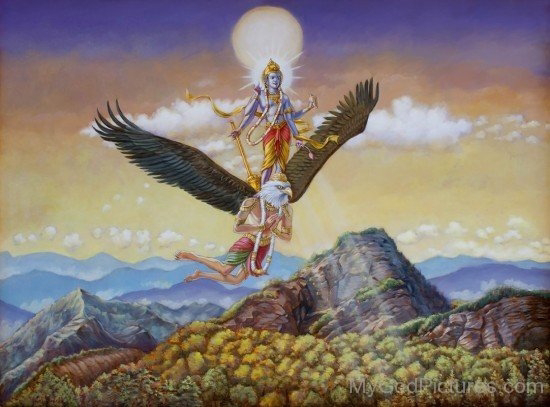Deva Dipawali (Kartika Purnima ki Katha.

Deva Diwali, also known as Kartika Purnima, is a significant Hindu festival celebrated on the full moon day in the Kartika month. The festival holds great religious and cultural importance. According to Hindu mythology, it marks the day when gods descend to Earth to bathe in the holy Ganges, making it a divine and auspicious occasion. On this day, devotees gather at riverbanks, ghats, and sacred water bodies to take a dip in the river, believing it cleanses them of sins and brings spiritual purification. The entire atmosphere is illuminated with lamps and diyas, symbolizing the triumph of light over darkness. The ghats glow with a mesmerizing display of lights, creating a serene and blissful ambiance. In Varanasi, the spiritual capital of India, Deva Diwali is celebrated with grandeur. Pilgrims and locals alike participate in a vibrant procession, carrying diyas and chanting prayers. The reflection of countless lamps on the Ganges creates a surreal spectacle, reinforcing the spiritual ...




